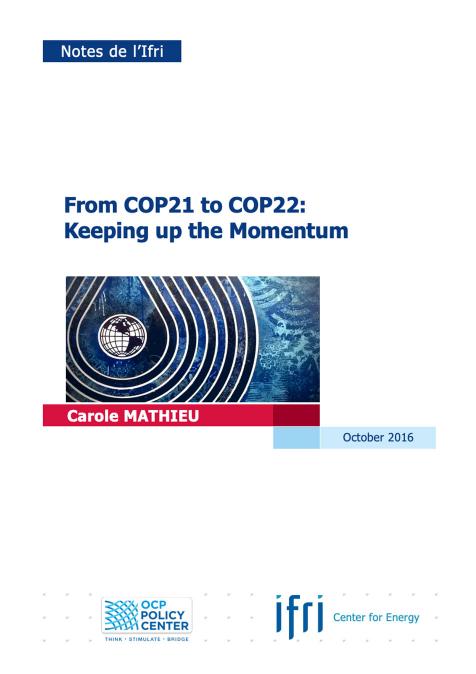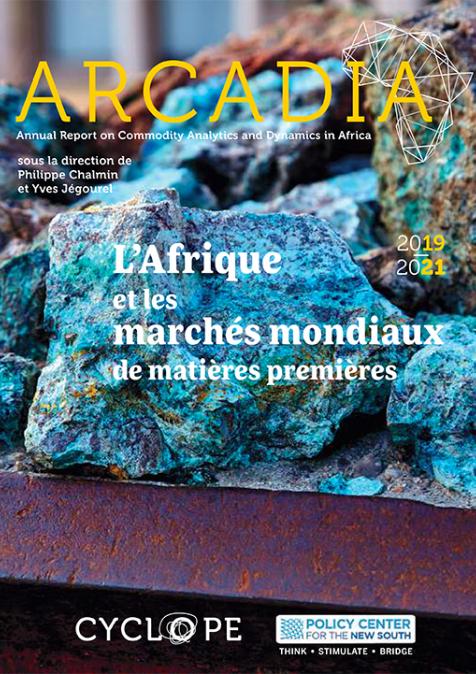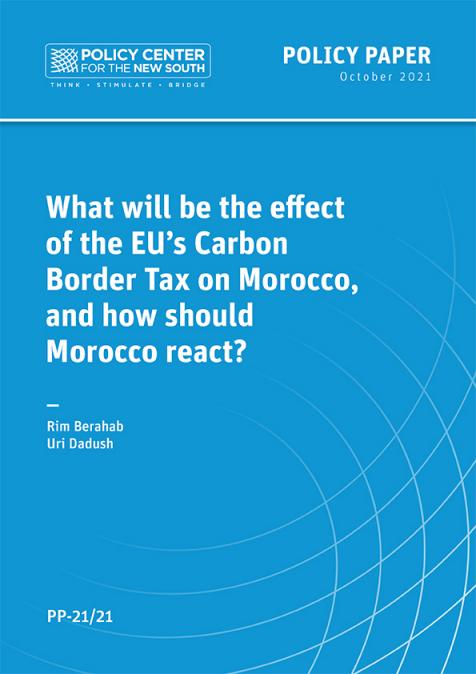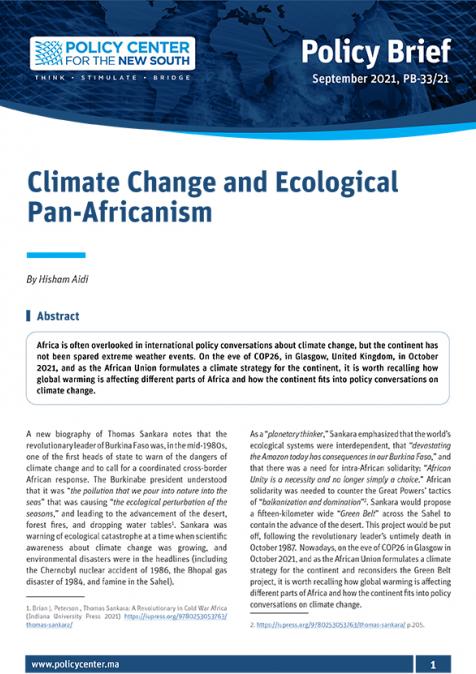Publications /
Policy Paper
In December 2015, a new international climate agreement was adopted, paving the way for increased mitigation and adaptation efforts. Governments firmly expressed the need for rapid action and 2016 will put the credibility of their commitments to the test. Climate policies are actually becoming more widespread, but they are also adjusting to local constraints and needs, suggesting that the establishment of a global emission regulation model is unlikely in the near future. While the low-carbon transition is well under way, its pace and conditions still appear too uncertain to fully convince economic decision-makers of the value of carbon-free options. COP22, which will take place in Marrakesh in November 2016, will be an opportunity to leave these hesitations behind by strengthening mutual oversight, by consolidating the principle of climate justice, and by furthering the discussion about the best ways to orchestrate the transition to carbon neutrality.









